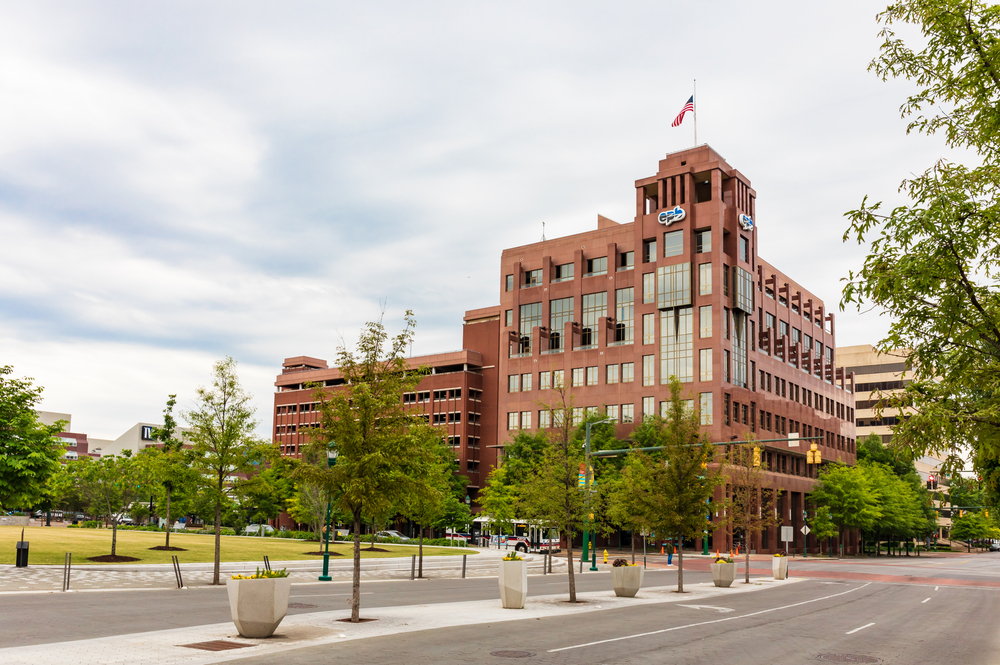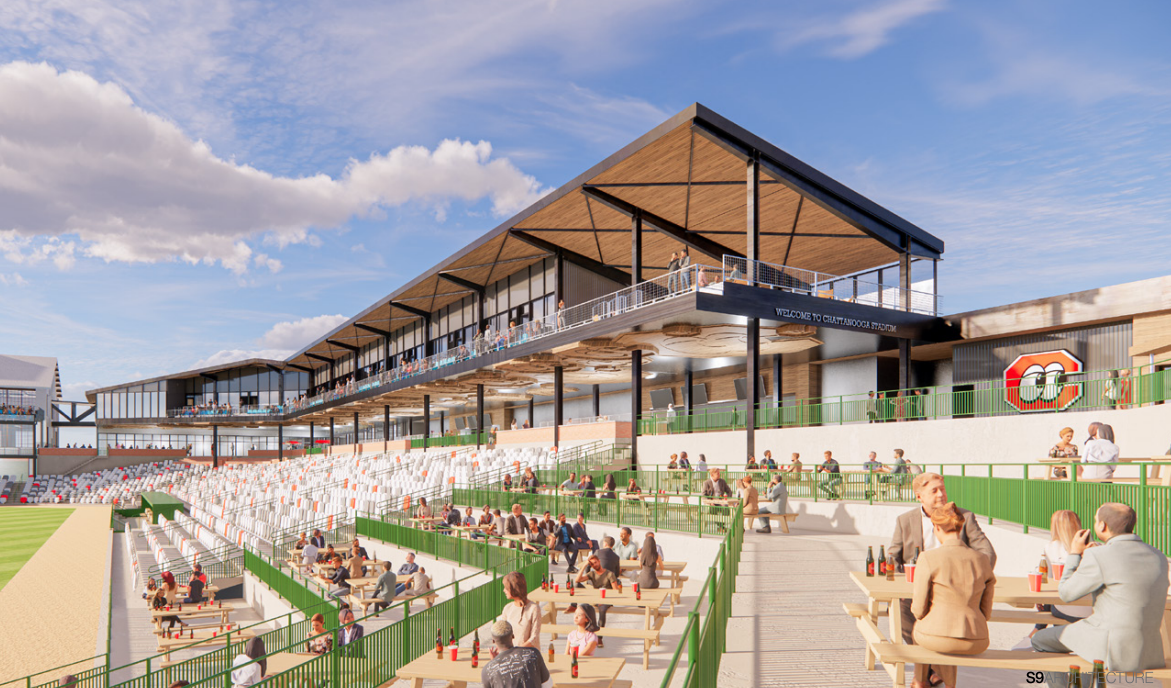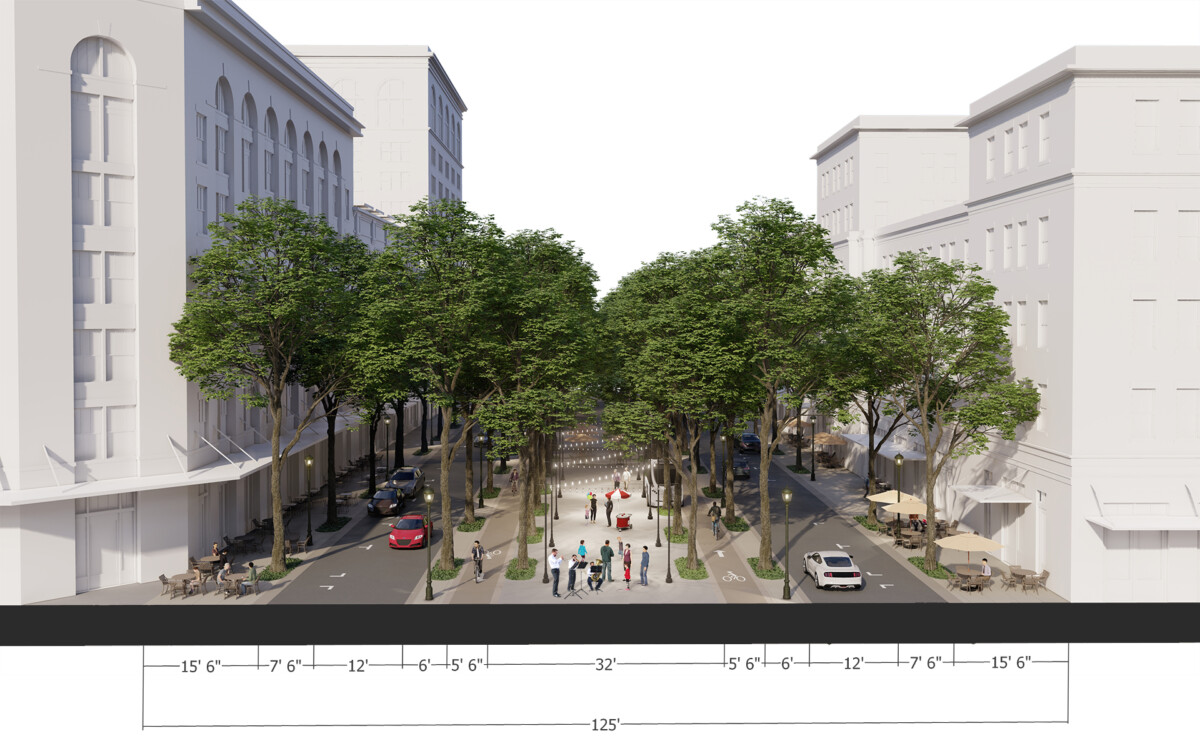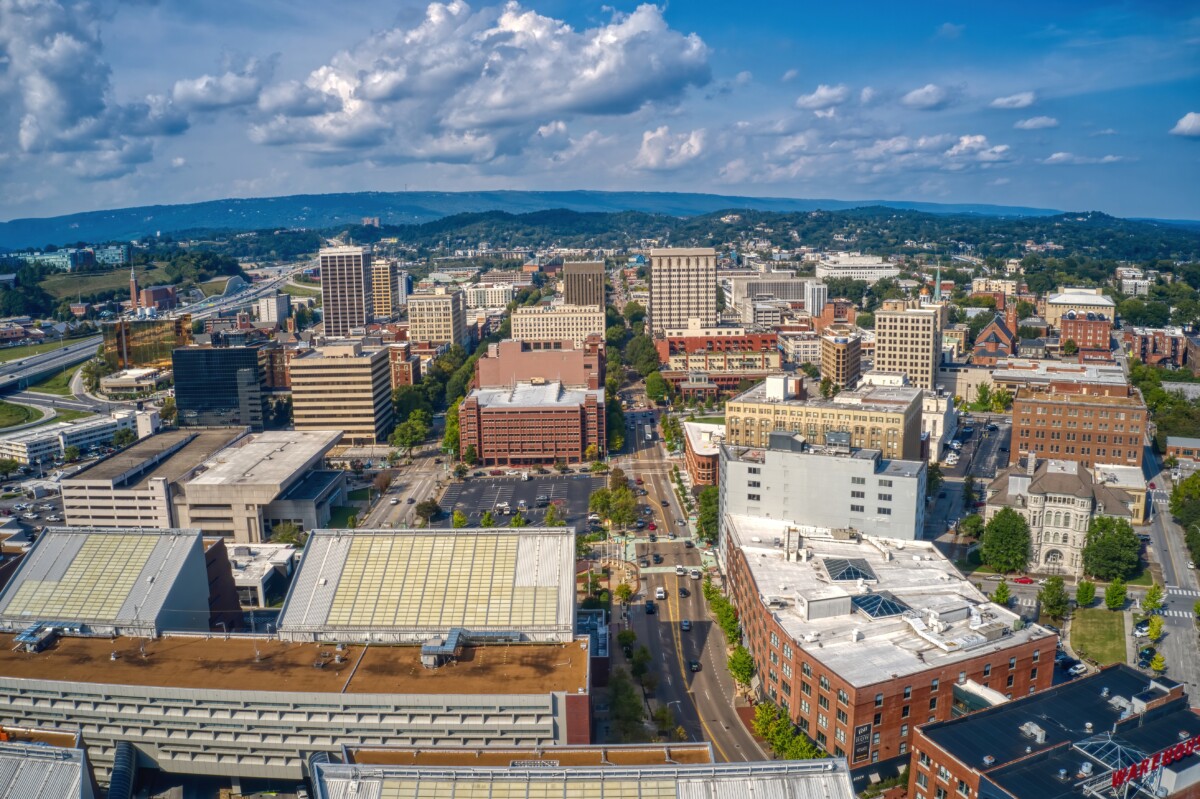The landscape of commercial real estate is constantly evolving, shaped by economic trends, technological advancements, and shifts in urban planning. As we near end of the third quarter of 2023 and look ahead into 2024, Chattanooga’s commercial real estate market stands at the crossroads of innovation and opportunity. Let’s look into the future of commercial real estate in Chattanooga, exploring key trends, emerging sectors, and the factors that will define the city’s real estate scene in the coming year.
Continued Tech-Driven Transformation
Chattanooga’s evolution into a technology-driven city will undoubtedly leave a significant imprint on its commercial real estate market. The Innovation District, which gained momentum in recent years, will continue to attract startups, tech companies, and entrepreneurs. As an early adopter of the Smart Grid through EBP, the city has leveraged the Bipartisan Infrastructure Law to upgrade road infrastructure. It plans to utilize funding from the CHIPS Act to reach goals of becoming a regional and tech hub, attracting semiconductor manufacturing plants, R&D initiatives, chip packaging and research facilities. As Chattanooga solidifies its reputation as a tech hub, the demand for flexible, collaborative office spaces and modern co-working environments is set to soar.

Reshaping Retail Spaces
The retail sector is undergoing a metamorphosis, driven by the rise of e-commerce and changing consumer preferences. In 2024, Chattanooga’s retail spaces will likely witness a shift towards experiential offerings, blending shopping with entertainment, dining, and interactive experiences. Retail property owners will need to reimagine their spaces to create engaging environments that draw foot traffic and cater to the demands of the modern consumer.
Sustainable and Adaptive Development
Sustainability will remain a central theme in Chattanooga’s commercial real estate endeavors. Forward-thinking developers will prioritize green building practices, energy efficiency, and eco-friendly designs. Greenspaces, a local community organization, continues to work with local business owners and developers to create a sustainable culture through LEED and green practices. Adaptive reuse projects, converting historical structures into modern offices or mixed-use spaces, will also gain traction as the city seeks to preserve its heritage while accommodating contemporary needs. The planned South Broad District plan which is repurposing the Wheland Foundry site to become home to the new Chattanooga Lookouts baseball stadium is an example of this adaptive development.

Via Reimagined Lookout Stadium by the South Broad District Plan.
Industrial Evolution
The industrial and logistics sector will continue its upward trajectory as e-commerce maintains its stronghold. Chattanooga’s strategic location and robust transportation infrastructure will attract more distribution centers, fulfillment facilities, and warehouses. Investors and developers will explore innovative solutions, such as automation and last-mile delivery options, to enhance efficiency and meet the evolving demands of the market.
Mixed-Use Communities
As urbanization accelerates, the concept of mixed-use developments will take center stage in Chattanooga’s real estate scene. Integrating residential, commercial, and recreational spaces within the same neighborhood will create vibrant, self-sustaining communities. These developments will offer convenience, reduce commute times, and foster a sense of community, making them appealing to both residents and businesses. One example of this is the Reimagining Broad Street plan which is expected to bring retail, office and housing to the downtown area between Aquarium Way and Martin Luther King Blvd. Commercial developers will find extensive opportunity in 2024 and beyond in this area.

Example of one of the 3 options for the Broad Street Reimagine Plan.
Remote Work Impact
The rise of remote work and flexible arrangements will reshape the demand for office spaces. While some businesses may opt for smaller, more collaborative workspaces, others might shift towards satellite offices or shared spaces. This trend could lead to a reevaluation of office design, emphasizing connectivity, technology infrastructure, and the creation of inspiring work environments.
The future of commercial real estate in Chattanooga in 2024 is a canvas of innovation, adaptability, and sustainability. Tech-driven transformations, reshaped retail experiences, sustainable development, and the evolution of industrial landscapes will define the city’s real estate market. As Chattanooga continues to position itself as a vibrant and forward-looking urban center, investors, developers, and entrepreneurs will find a wealth of opportunities to shape the city’s commercial real estate landscape and contribute to its dynamic growth. Please reach out to Lisa Brown if you would like to learn more.

